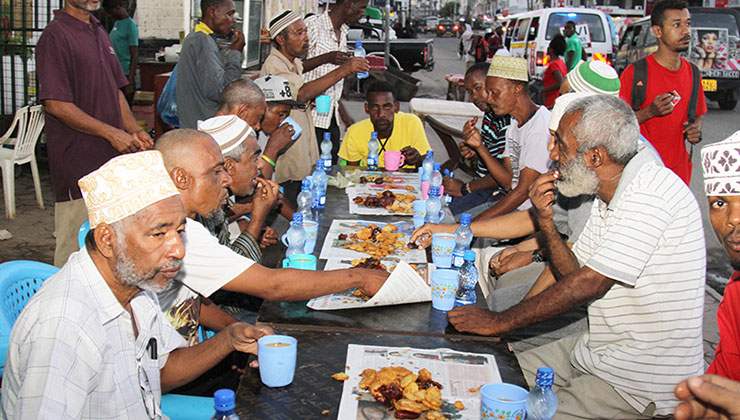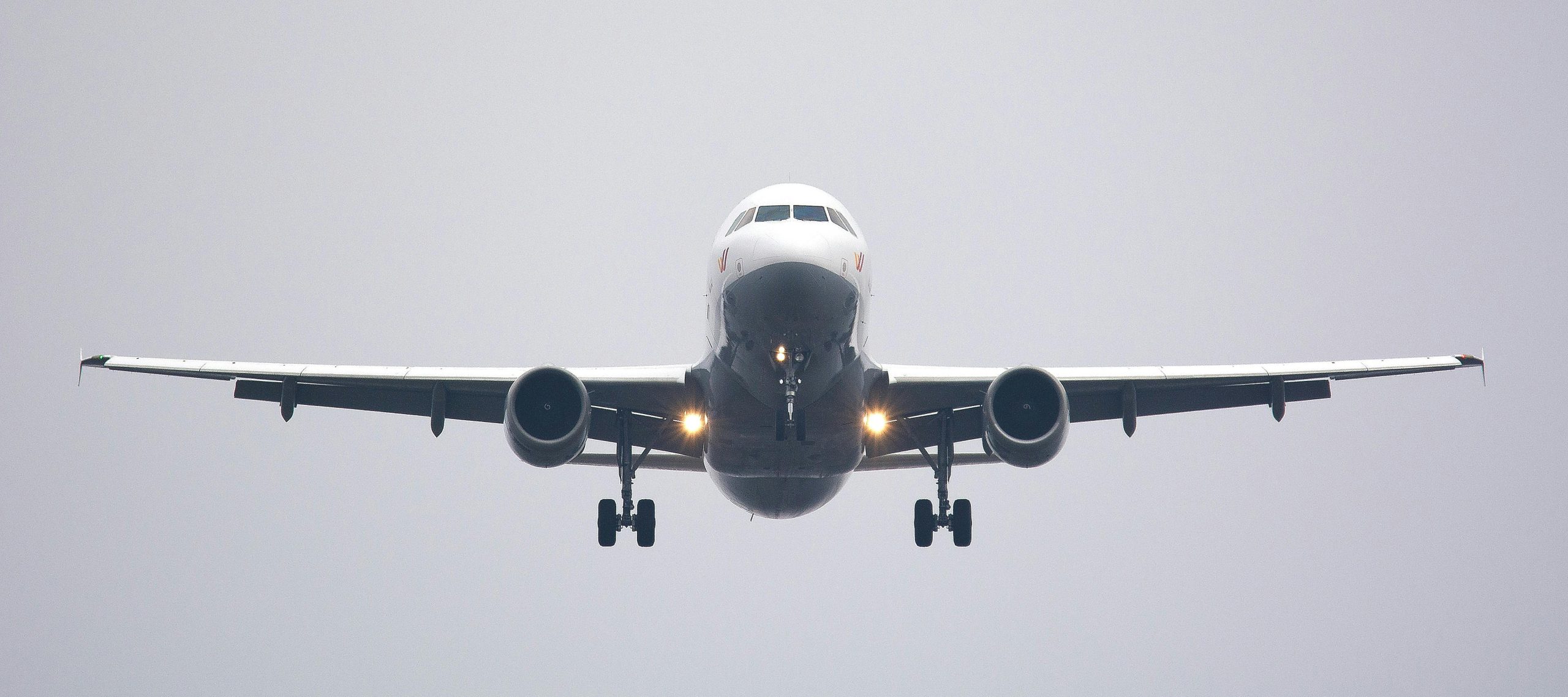How Covid-19 pandemic will change Ramadan for Muslims

Allahu Akbar Allah Akbaaaar”… A call for prayer synonymous to members of the Muslim faith rented the evening air.
Twenty-year-old Khaleed Mohamed rushes out of his home to join his fellow Muslim brothers for the evening prayers in Majengo, Nairobi.
That was June 2019. Fast forward to 2020, so much has happened, the worst of it all being the novel coronavirus outbreak that has spread across the globe taking more than 181,000 with it and infecting 2,606,614.
Closer home in Kenya, 303 people have been infected with the number of fatalities at 14.
This has necessitated the government to swing into action and announce rapid measures aimed at curbing the spread of the highly contagious killer virus.
Among these are the bans on social gatherings and the temporary closure of religious houses like mosques and churches.
What this means is a direct effect on the holy month of Ramadan which is scheduled to start on Thursday, April 23, 2020.
The Holy month of Ramadan, the ninth month of the Islamic calendar is a sacred month in which Muslims across the world believe is the month in which Allah revealed the first verses of the Holy Quran to Prophet Muhammed (peace be upon him) making it among the five pillars of Islam.
During this month, Muslim faithful fast for 30 days and also take the opportunity to share with the less fortunate in the society, a tradition that has been repeated for the longest time ever.
With Covid-19 this year, Ramadan will be a bit different in the following ways:
1. Preparations disrupted
A few weeks before Muslims start observing Ramadan, they do thorough shop for essentials like foodstuffs and drinks. This Ramadan, however, is set to be different because most shops and market places have been shut down to avoid further spread of the virus. This means Muslims won’t be able to shop as they have done for years.
2. Breaking the fast
During the Holy month, Muslims across the world prefer breaking the fast (Iftar) together with families and friends or at times in the mosques, which translates to huge gatherings. However, with the spread of coronavirus, this will not happen with most governments all over the world advising people to stay at home and avoid social gatherings.
3. Prayers and other forms of worship
During this period, Muslims perform the five prayers together in a day mostly in the mosques including extended prayers (Tarawih) which in Kenya is performed from around 8.30 pm.
But with the curfew directive that has been gazetted plus the ban on social gathering, this means that members of the Muslim community will find it impossible to not only attend Tarawih but also fulfill their five-times prayers together in a day.
During this period also some faithful gather in different places in groups called Halaq to learn more about Islam in order to strengthen their faith. This practice too will be highly affected by the spread of Covid-19.
4. Charity during Ramadan
During the Holy month, Muslims are encouraged to share with the less fortunate in the society and it is during this time that the privileged members distribute foodstuffs, clothes and other essential to the needy.
This, in some cases, is done in the mosques something that draws crowds of people together in their bid to get themselves the essential stuff. With the coronavirus pandemic, this too will now be impossible.
5. Eid celebration
After fasting for a whole month, Muslims usually marks the end of the Holy Month with a celebration known as Eid-al-Fitr. The three days of celebration, which usually takes place after the sighting of the new moon will also not go on as it has always been.
During Eid celebrations, most families shop for foodstuffs, drinks not to mention new clothes and decorations for their houses to mark the day.
Also, the faithful gather in mosques and grounds to conduct Eid prayers and afterward make merry with families and friends with some going out to malls and parks, but again with the government’s directives in place, this will not be possible.
Light at the end of the tunnel
But even with these important things being disrupted during the Holy month, there are positive things that Muslim faithful across the world can take from the pandemic,
During this time Muslims will have more time for prayers and reading the Holy Quran as most people are now at home with their children. This means that they have more time on their hands as activities that consume most of the people’s time have been curtailed.
Also, with the emergence of the internet, Imams can use online platforms to lead prayers and also educate the ummah during this period.
This will go a long way as both parents and children can follow the online teachings together creating that family bond at the same time getting more knowledge about Islam.
When it comes to charity, this too can happen with those willing to donate can do so by personally taking their donations to the less privileged while observing the safety rules set out by various governments.












